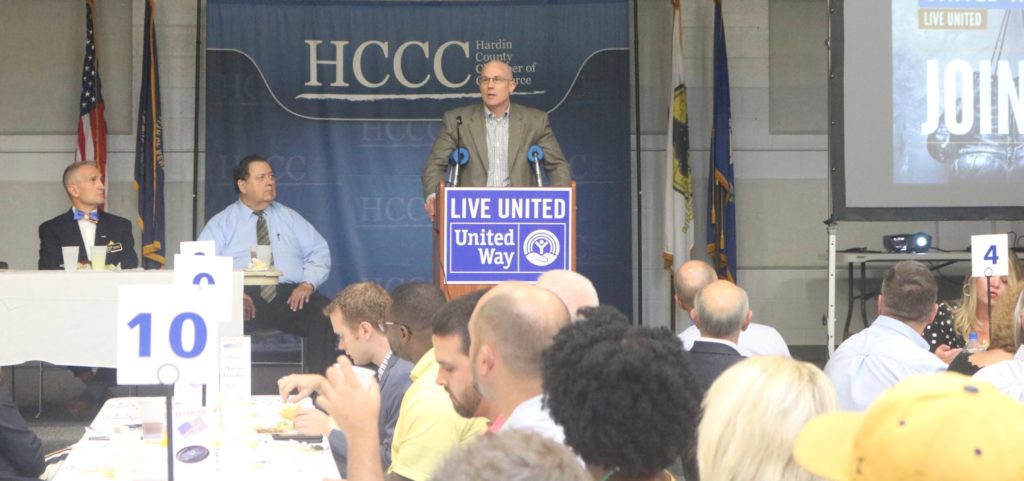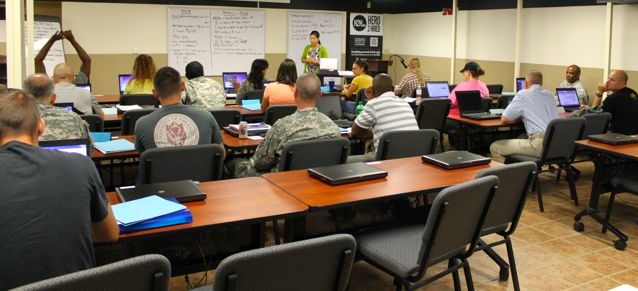

There is no question that making the transition from military to civilian employment can be challenging. I’ve been through it personally and in my role as CEO of the Knox Regional Development Alliance, we regularly collaborate with agencies and organizations working to better connect employers with veterans and transitioning service members. While most employers seem eager and willing to hire veterans, the challenge of making that connection persists. As one friend put it, part of the problem is there are so many resources that you are simultaneously drowning and dying of thirst. So, three years post-retirement, here are four key pieces of advice I typically offer others:
- Have a plan and start as early as you can
- Determine what’s important to you
- Yes, the job matters but place matters too
- Expect it to be stressful

Have a plan and start early
The Army provides transition assistance to Soldiers up to 24 months from retirement and 18 months from separation. I know that seems like a long time, but no matter your branch of service, I would recommend you use every bit of time allowed to prepare for your transition. As I mentioned, there are so many options and resources available that without a long lead time it can be an overwhelming endeavor. Use the resources the military provides, develop a plan and take it on in bite sized pieces. Build a calendar to keep yourself on track and stick to it. That includes getting your VA physical and submitting VA paperwork before you leave the service.
Determine what’s important to you
There is no doubt you want to be able to provide for your family like you always have, but sometimes chasing a high-paying salary comes at a cost. I often tell friends to think about how important it is to be fulfilled in your work and how much you value quality of life. While not mutually exclusive, a high-paying job sometimes comes at the expense of your quality of life and the time you have with your family. Be sure to know what’s important to you and weigh the pros and cons as you entertain new employment opportunities. That leads me to my next piece of advice.
 Yes, the job matters but place matters too
Yes, the job matters but place matters too
What do I mean by that? Well, I’ve lived in 14 different duty stations, but I’ve never lived in a more welcoming and supportive community than the Greater Fort Knox Region. The connection between the post and the community is so close it’s hard to put it into words. That was important to my wife and me. It was also a matter of dollars and cents. This is a place where our dollar goes further, and there is still great quality of place. That needs to go into your planning, too. Prepare a budget that includes cost of living expenses based on where you want to live and know how much you need to make to maintain the lifestyle you have or want.
Expect it to be stressful
Let me close by saying that no matter how much you plan as you prepare to transition and after you leave the military; it is a stressful time not only for you, but also for your family. Your routine may be changing, but be sure to respect your family’s likely long-established way of doing things. Acknowledge that you are all going from the familiar to the unfamiliar, and that’s stressful no matter how prepared you are. I’m blessed to be doing work I believe in for a community and an installation for which I have a great affinity. I hope my words of advice in some small way can help you and your family navigate this next phase of your life.
Related Content: Workforce Development Vital to Economic Growth

Brig. Gen. (Ret) Jim Iacocca
President / CEO
Knox Regional Development Alliance